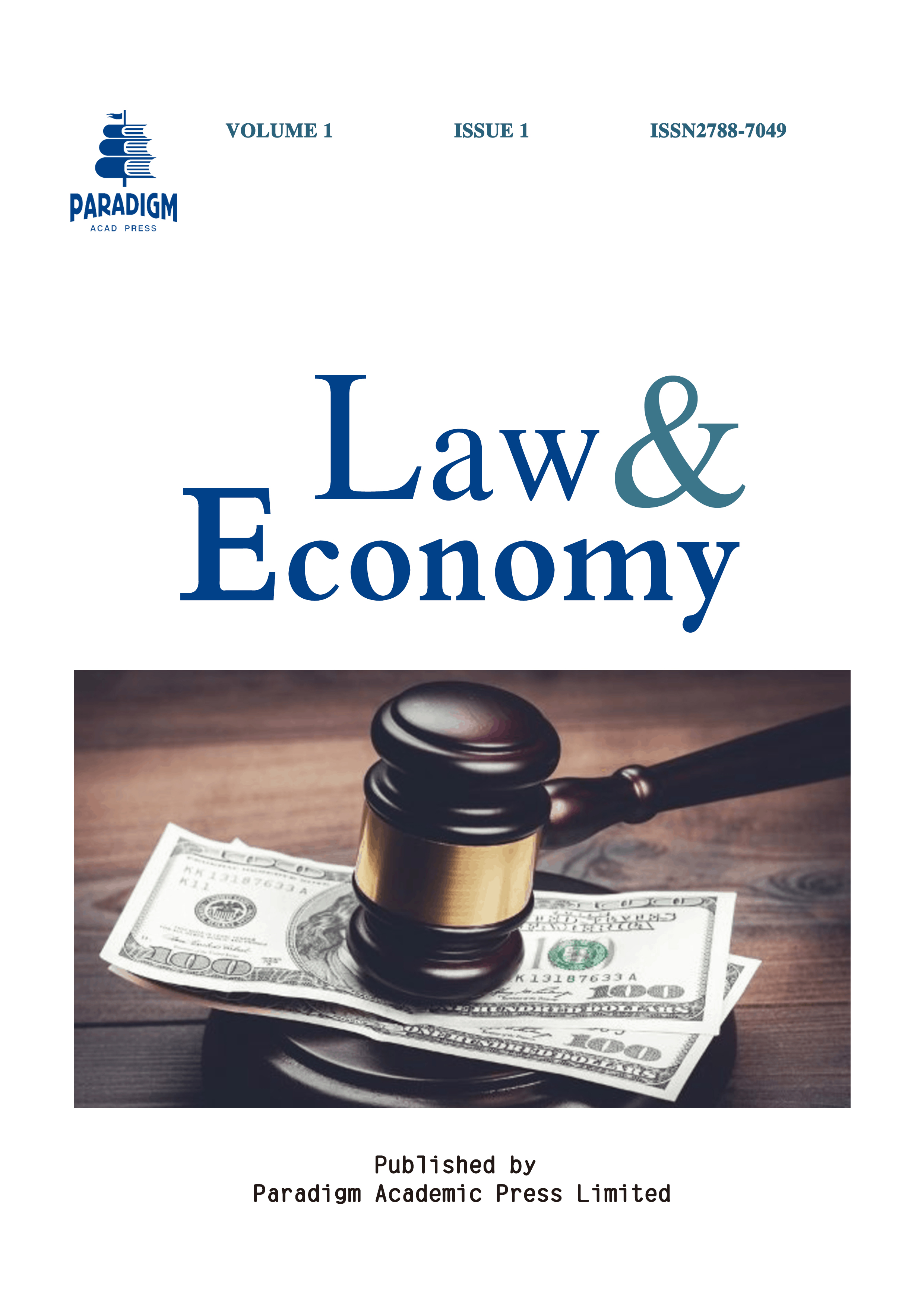Another Work in Chidoluo v. Attansey from the Pricing of the 1999 Constitution of the Federal Republic of Nigeria (as Amended)
Keywords:
female, inheritance, Customary Law, IgbolandAbstract
For many decades, the rights of the girl child in Igboland were practically non-existent with regards to inheritance. It was the popular believe that a female child will grow up to leave her father’s house and ‘belong’ to another man and so should not partake in the sharing of the family property — a direct violation of section 42 of the Constitution of the Federal Republic of Nigeria 1999 (as amended). This gave rise to the age long disinheritance of the girl child in the estate of her deceased father. Her brothers were always quick to point out this ‘disability’ plaguing their sisters and in some extreme cases even embellished it with insults and ridicules. This case comment carefully x-rayed the input that the case of Chidoluo v. Attansey has made to better the lot of the female child and help her find her place in a society that has ostracized her for too long. It was distilled that despite previous judgments of courts including the apex court in Nigeria, the problem had persisted hence the instant case sought to re-emphasize that the female child is neither incapacitated nor diminished in any way by virtue of her sexual orientation and equally entitled to inherit under the Igbo native law and custom. This case comment sought to encourage the acceptance of the female child as a legitimate part of the family, allowing her to take part in the God given inheritance in the family that she belongs. No matter the circumstances of the birth of a girl child under the Igbo native Law and Custom, such a child enjoys the right to inherit from her deceased father’s estate.


